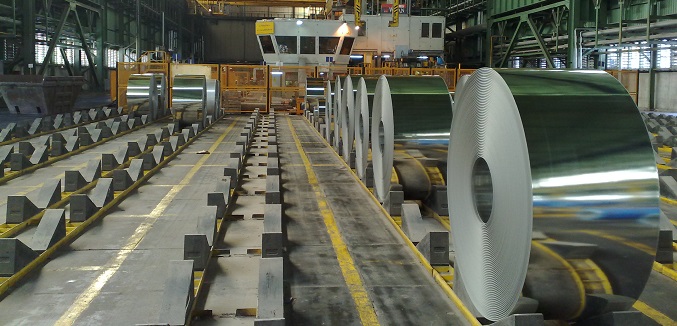A Wall Street Journal op-ed published Monday revealed that an upcoming London forum will bring together Iranian firms with a range of international counterparts – drawn from law offices, telecom operations, business consultancies, and even art auction houses – to explore how capital might be moved into Iran as the country transitions into a “post-sanctions” environment:
The forum brings together global law firms (Dentons Europe), business consultancies (FTI), marketing firms ( WPP ), auctioneers ( Sotheby’s ) and telecom providers (MTN), among many others, to “prepare and evaluate the post-sanctions trade framework and investment opportunities” in Iran, according to its brochure.
Former U.K. Foreign Secretary Jack Straw and former French Foreign Minister Hubert Védrine are attending, and the brochure carries a blessing from Iranian President Hasan Rouhani ’s chief of staff, Mohammad Nahavandian. “I hope that this forum presents information and opportunities for active international investors and facilitates competitive investments in various sectors of the Iranian economy,” Mr. Nahavandian writes. “I would like to wish you further success with your honorable endeavors for Iran.”
The article, by editorial page writer Sohrab Ahmari, was blunt in assessing that the Europe-Iran Forum’s activities call into question the White House’s repeated insistence that sanctions against Iran are holding despite the financial relief granted by the Joint Plan of Action (JPA).
Top European officials – including former foreign secretaries and ministers from the U.K. and France respectively – will attend opposite Iranian businesses that have long been denied access to the global marketplace, including one that is explicitly sanctioned by the United States Treasury Department. The piece quoted Matt Baker, an associate at the Foundation for Defense of Democracies (FDD), describing the forum as “an effort to further undermine Western leverage vis-a-vis Iran at a critical time in the nuclear negotiations by encouraging Western investors to establish valuable business contacts and create the basis for their return to the Iranian market.”
Iranian President Hassan Rouhani had already in mid-September boasted that Iran’s post-JPA economy had managed to recover from what had been a multi-year stagnation, the result of Western sanctions that had been widely credited with bringing the Iranians to the negotiating table.
A week later Reuters reported that the European Union was making quiet moves to boost the bloc’s import of natural gas from the Iranians. A week later the wire printed another story on moves being made to boost Iranian resource exports:
Iran is increasing steel exports and courting foreign investors in an ambitious bid to quadruple steel output in a decade and replace at least a small part of the massive revenue it loses due to sanctions on its oil sales.
A developing economy heavily reliant on construction, the Islamic Republic exported an average of 1.35 million tonnes of steel in 2011 and 2012, according to a presentation by Iran’s top steelmaker, Mobarakeh Steel.
Around the same time a European judicial decision led to the U.K. Treasury lifting a long-time asset freeze on NITC, Iran’s largest tanker operator. The month of developments heightened a year’s worth of worries that sanctions relief would deprive Western negotiators of the leverage they need to extract robust nuclear concessions from Iran.
Sen. Bob Corker (R-TN) told NBC’s Meet the Press on Sunday that “Congress, that put these sanctions in place… [is] very concerned that we’re going to deal away the leverage that we have where we finally have Iran willing to sit down and talk about these issues.”
[Photo: Iranian Engineer / WikiCommons]




